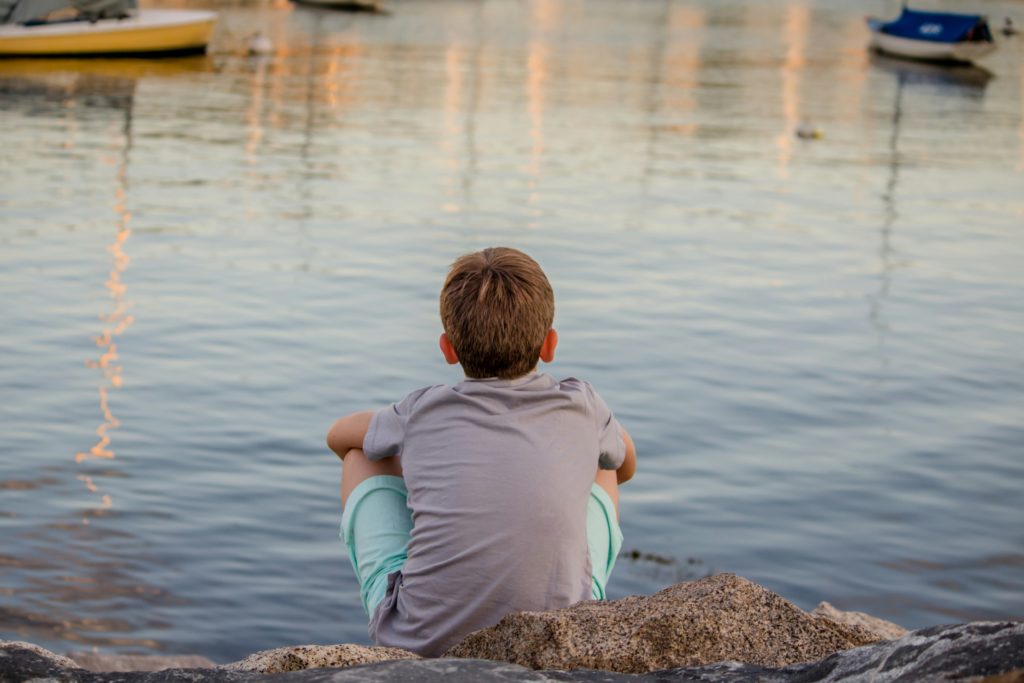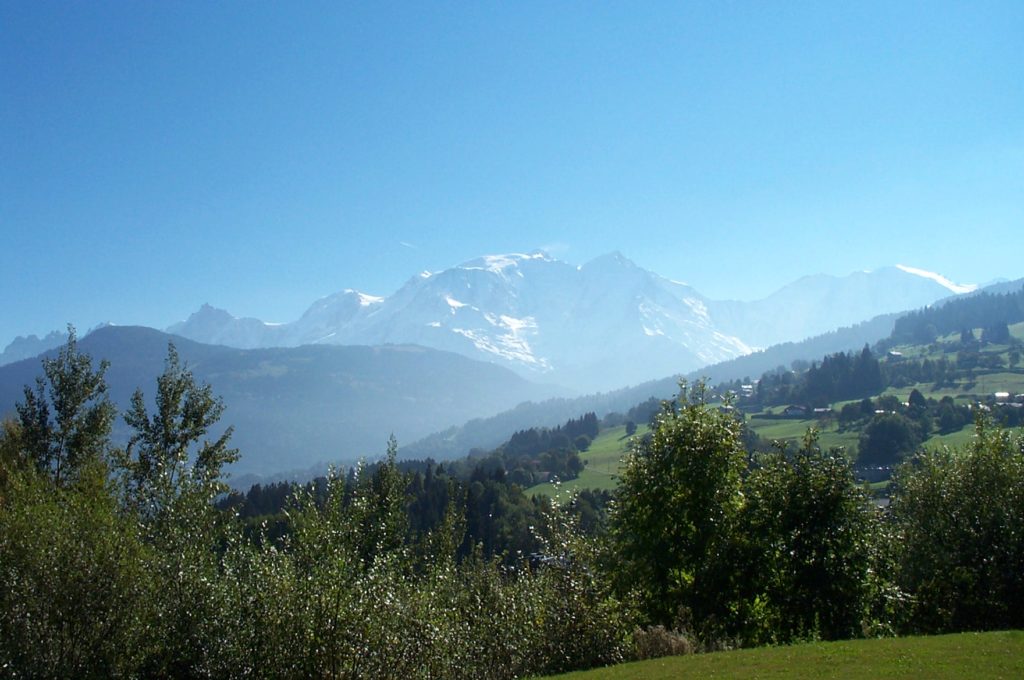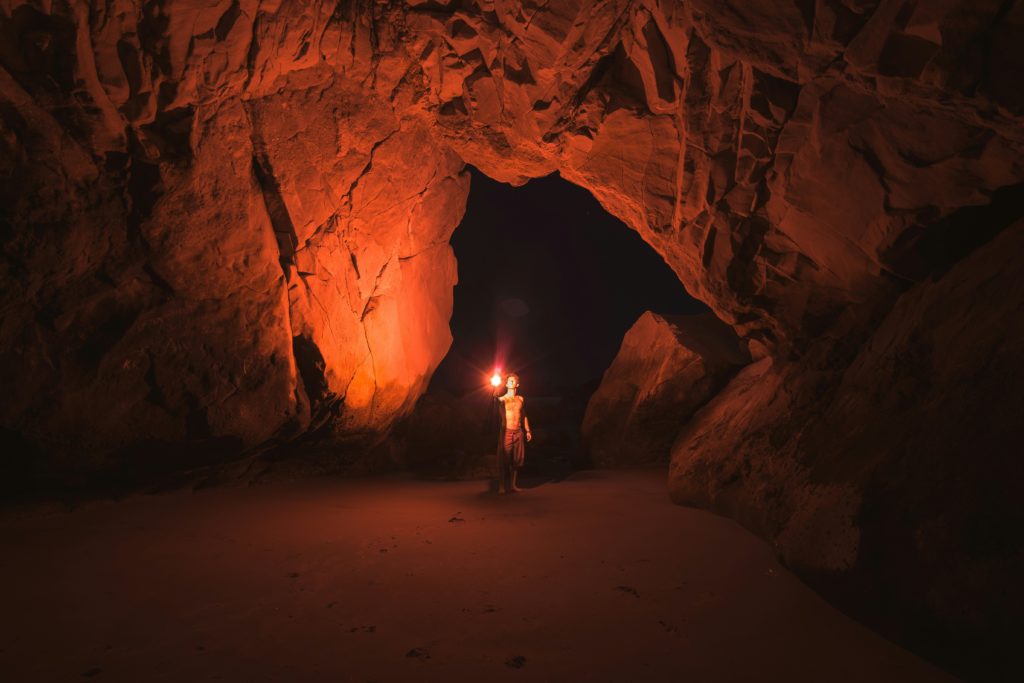
“The secret of happiness, you see, is not found in seeking more, but in developing the capacity to enjoy less.” (Socrates, 450 BC)
As we work to find ways of avoiding a catastrophic increase in Climate Change we are going to have to come to terms with having less: less of those things that many of us in richer countries have come to think of as essential.
I have been wondering why the idea of living our life with less is so challenging for most of us. After all people in poorer countries have been making do with less, possibly all of their lives.
It occurred to me that we are already living with less than I had in my childhood. My parents were not well off, but most days we had enough. We had books and music and ordinary food that tasted wonderful. We didn’t have a car, so we walked a lot, and we talked a lot. We were healthy. We didn’t have foreign holidays but then neither did our friends and neighbours. What we did have was a place where we belonged, a community and a feeling that life made sense. I could see that my parents felt they could trust the government and people felt that if they worked hard they could get on in life. (Not always of course, and not for everyone.)
It is not like that now. Many things that we treasure are passing away.
We are facing the gradual deterioration of our democracies and the freedoms to control our own lives. The inability to have an abortion in America is an example of that. The right to protest against injustice is fast disappearing in many countries.
We are losing our feeling of security. Mankind has always made war, but now it feels like we are surrounded by wars and aggression, often fuelled by our desire for resources. We seem to have lost the ability to think of other people’s needs, making us self-centred and often uncaring.
On a worldwide basis we are becoming less healthy. Our lifestyles and diets bring “Western diseases”. Industrial agriculture brings us food that tastes of nothing and makes us ill. People everywhere are struggling mentally with their lives, due to loneliness and worry about the future. Our economic system is causing havoc for billions of people, bringing inequality on a vast scale, exacerbating poverty, and creating misery for many.
Time, just “to be”, is vanishing.
Perhaps most important, we have lost a weather system that was predictable and mild. A system that humanity could live under. We have lost it through our greed and desire to have ever more “stuff”, in the belief that it would make us happy. This article makes clear that “Buying material things does not make us happy.” They just bring more worry and stress to our lives.
Henry Thoreau once said, “The price of anything is the amount of life you exchange for it.” “Stuff” can be a great responsibility.
We have already lost so much that is precious.
And in return we have learned to value never-ending things: houses, cars, foreign holidays, constant new clothes and gadgets. All those bring temporary pleasure but not long term contentment and meaning.
Let’s Keep What We Value

The future we face, according to this article requires us to change. “At a bare minimum, Climate Change and fossil fuel depletion will force society to change to different energy sources, giving up energy-dense and controllable coal, oil, and gas in favour of more diffuse and intermittent renewable sources like wind and solar.”
This will mean big changes to our lives. These energy sources will not permit the use of electric aeroplanes, container ships and large trucks. Thus business will most likely be more localized and less stuff will be available. The article suggests that “the social consequences of the end of cheap fossil energy may imply a partial re-ruralisation of society and the shrinking of the middle classes.” It is not yet clear exactly how our lives will change but energy changes, the scarcity of resources and the fact that we must stop putting Greenhouse Gases into the atmosphere means that the changes will be major.
We Will Not Have to Live in Caves!!

Yes, we will have to make changes, but there is no reason to assume we have to go back to the Dark Ages. Unless we are very silly.
I believe that we can create a world that is better for all if we change our economic system, stop using fossil fuels, change our agricultural techniques and learn to value the important things in life.
We can make our world and its inhabitants flourish if we choose. It is true our weather has changed, and we cannot change it back for now. However we can create a world where everybody is valuable. We can build communities so that each person has a place and can contribute, thus reducing the terrible epidemic of loneliness that exists at present.
We can choose to change our agricultural systems such that our food is healthy, sustainable, tasty and available for all.
We can rebuild our Democracies to bring fairness, justice and equality to everybody. We can vote for a proper education system for our children that truly prepares them for the future they will help to build.
We can and must choose to regenerate Nature as it is the basis of any healthy society both physically and spiritually.
Does that sound like Pie in the Sky? It shouldn’t! But we need to work for it. Each and every one of us needs to be involved. We can make it better. But it will take courage, determination and belief. We must create a vision of the life we want to live. One that will make us all happy and that will sustain life on our planet.
How can we as individuals help bring that about?
- Start picturing what is really important to you and how you can work to save it
- Think about how you would like life to be in the future for your family
- Talk about it
- Talk about it some more
- Talk about it to everybody you know
- Start believing that you don’t need stuff
- Believe there is a better future out there
- Work for it in any way you can.
Please subscribe to my blog, using the form on the Home page.
Photos by Bonnie Kittle on Unsplash, by Doreen Hosking and by Jeremy Bishop on Unsplash
